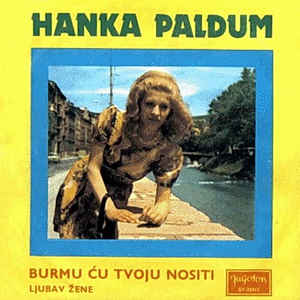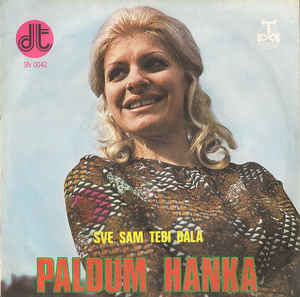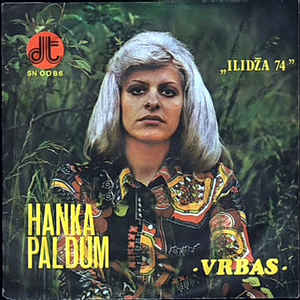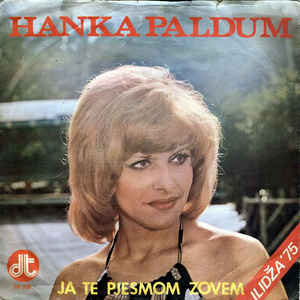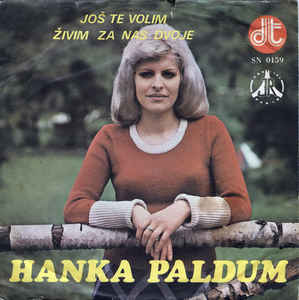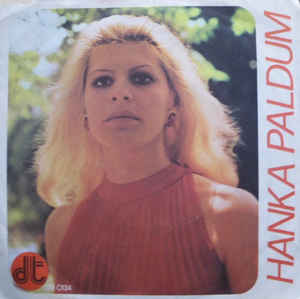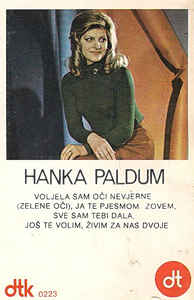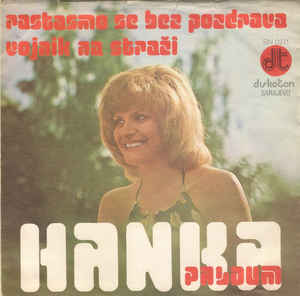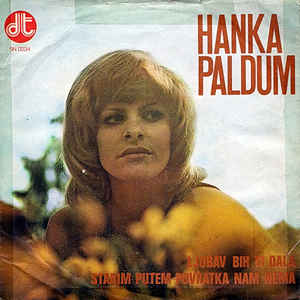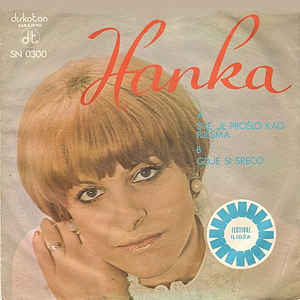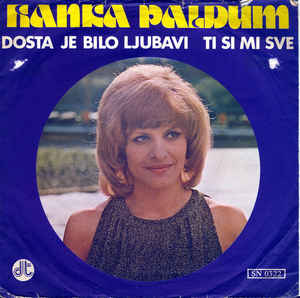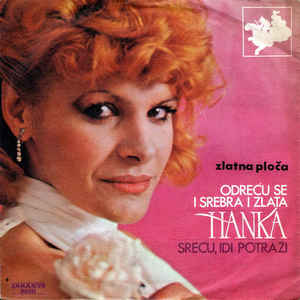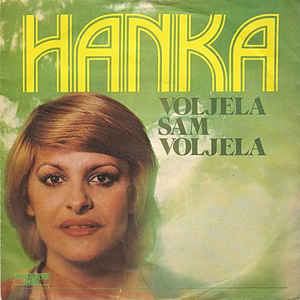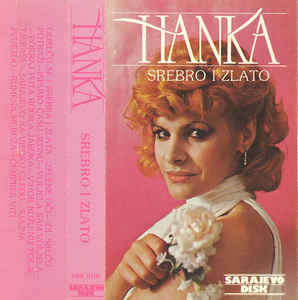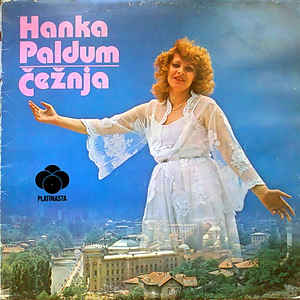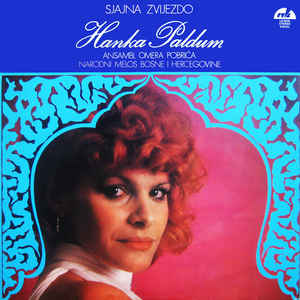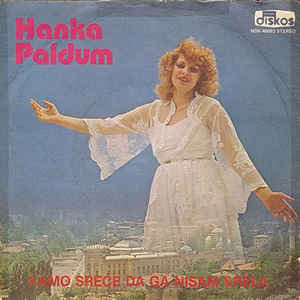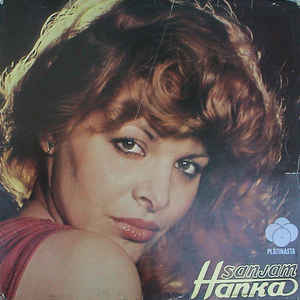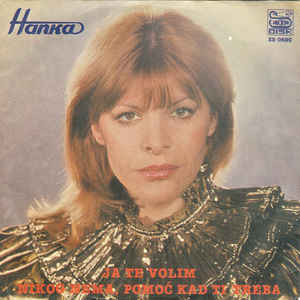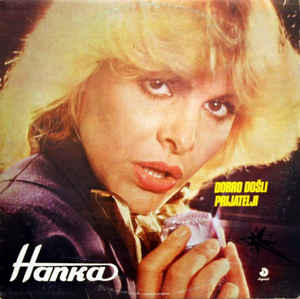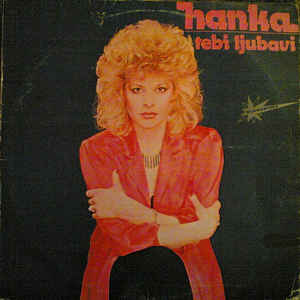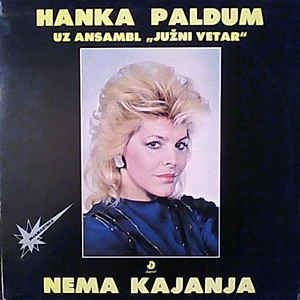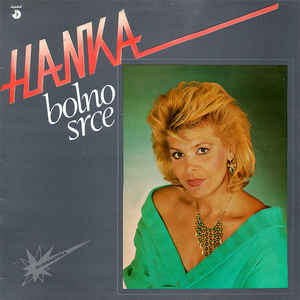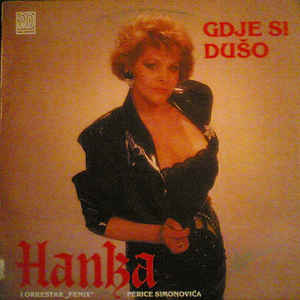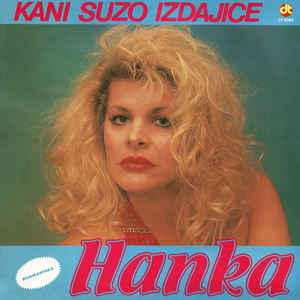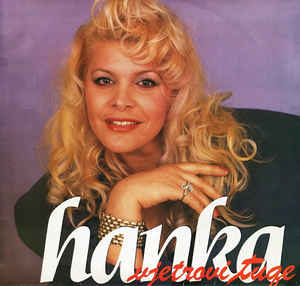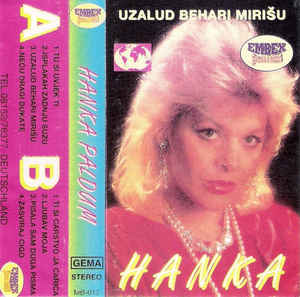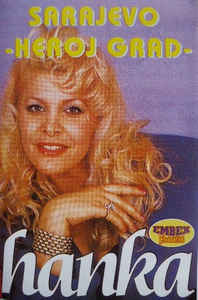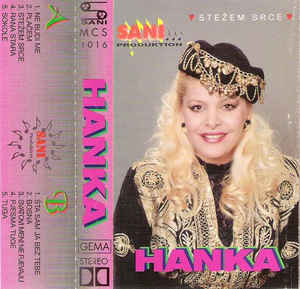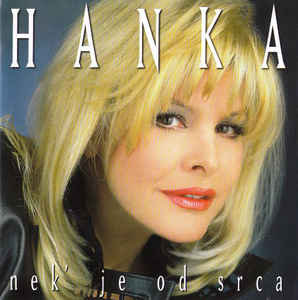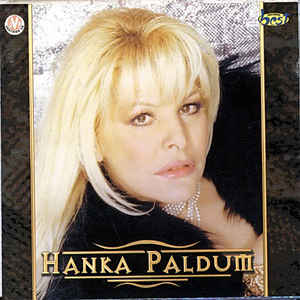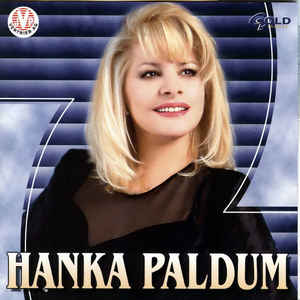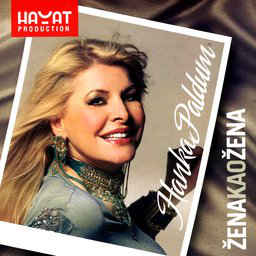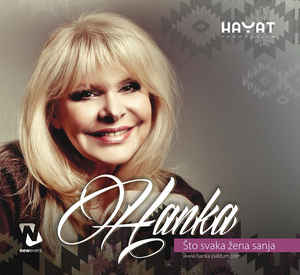


Hanka Paldum, born on 28 April 1956 in the city of Čajniče, is a Bosnian-Herzegovinian singer and one of the most eminent interpreters of Bosnian Sevdalinka. At the age of seven she moved with her family to Sarajevo. Starting from the first class she sang in the school choir. She often appeared as a soloist in school performances and sang Sevdalinka songs. Brother Smail persuaded her to sing for the cultural association “Bratstvo”, of which he was a member. After her father’s death she attended the secondary school for retail trade and joined the cultural association “Ivo Lola Ribar”.
At the age of 18 she registered for an audition at Radio Sarajevo, was accepted and made her first recordings there. These were Sevdalinka songs and one of the first was “Moj beharu, ko li mi te bere”. Her victory at the festival “Pjevajmo danu mladosti” for amateur singers in 1975 enabled her to record her first single “Pokraj puta rodila jabuka” for discotone Sarajevo. Then she recorded the single with two songs “Ljubav žene” and “Burmu ću tvoju nositi”, accompanied by the big national orchestra Radio-TV Sarajevo.
She met the composer Mijat Božović, who wrote her the song “Zelene oči”, one of the great hits in Yugoslavia at that time. Shortly afterwards she took part in the Ilidža Festival with the song “Ja te pjesmom zovem”.
After several years of relationship with Muradif Brkić she marries him and then sets off for the Yugoslavian tour as a guest of Meho Puzić In 1979 Muradif and Hanka founded the production company “Sarajevo Disk”. Milić Vukašinović, who had an album produced there with his group “Vatreni poljubac”, wrote the song “Voljela sam, voljela” for Hanka, with which she celebrated great success and won the popularity Oscar as singer of the year.
After that she recorded the single “Odreću se i srebra i zlata” and in 1980 her first album “Čežnja” was released. The biggest hit of this album was the song “Crne kose”. A tour through Yugoslavia followed, which began in Belgrade in the house of the trade union, where Hanka gave her first solo concert. In 1982 her second album “Sanjam” was released, which was completely written by Milić Vukašinović and the song “Ja te volim” became a big hit. The album sells with a circulation of over 1.5 million copies. It is followed by another nationwide tour through Yugoslavia.
She repeatedly wins the Oscar of Popularity, performs at “Poselo 2O2” of Radio Belgrade, as well as at festivals “MESAM” and “Ilidža”. In 1983 she changed to Belgrade Jugodisk. For this transfer from one production company to another, she signs the financially highest artist contract in SFRY. Jugodisk releases the album “Dobro došli prijatelji”, on which the complete music and lyrics author Milić was Vukašinović . The single “Sjajna zvijezdo” and then the album “Tebi ljubavi” was released in 1984.
The most successful song of the album was “Pamtim još” by Mišo Marković, with which she performed at MESAM.
With the ensemble “Južni vetar” she recorded the album “Nema kajanja” in 1984. Miodrag Ilić was the composer of most of the songs.
At the festival “Vogošća” she won in 1986 with the song “Bolno srce” and recorded an album of the same name in cooperation with Milić Vukašinović. After her performance at the festival “Ilidža” with the song “Ne kuni ga majko”, her album “Gdje si dušo” was released in 1988, the author of which is Perica Simonović . In 1989 the album “Kani suzo izdajice” followed, which was created in cooperation with Ibro Mangafić . She won the festival “Vogošća” with the song “Pokloni mi noćas dušu”, in 1990 she released her album “Vjetrovi tuge”. In 1991 she received an invitation from the director Benjamin Filipović for the film “Praznik u Sarajevu”.
In April 1992 she appeared in Sarajevo in front of the House of Parliament as part of the civil protests against the war and sang the well-known verses: “Musliman, Srbin i Hrvat, sve je to narod moj” from her song “Bosna je majka moja”, thereby expressing her displeasure at the blockade Sarajevo´s. She spent the war years in the besieged Sarajevo. In 1993 she was a member of the jury for the election of Miss of the besieged Sarajevo. After the end of the war, in 1996, she gave a solo concert in the concert hall Vatroslav Lisinski in Zagreb and performed at the summer cultural festival “Baščaršijske noći”, singing exclusively Sevdalinka songs.
She crowned her twentieth anniversary in 1999 with a concert series in the hall of the “Bosanski kulturni centar” in Sarajevo. In the same year, her album “Nek’ je od srca” was released, whose authors were Hari Varešanović, Alka Vuica, Amir Kazić Leo and others. The greatest hits were the songs “Svaka rijeka moru stići će” and “Crni snijeg”, a duet with Hari Varešanović. The album “Džanum” is released in 2001, which is also released for the market in Serbia. In 2003 the album “S kim si takav si” was released, and in 2004 she received the “Letter of Thanks of the City of Sarajevo” for her personal commitment and contribution in the cultural field of the city of Sarajevo.
In November of the same year she gave a solo concert in “Zetra” Sarajevo. The guests of the concert were Alka Vujica, Halid Bešlić, Esma Redžepova, Saša Matić, Milić Vukašinović and Josipa Lisac, who sang in duet with Hanka.
She performs the song “Dođi” at the BiH Radio Festival in Tuzla and the song “Ja nemam snage” in duet with the author of the song, Don Almir, at the “Bihać 2006” Song Festival. At the end of 2006, the album “Žena kao žena” will be released in cooperation with “Hayat produkcija”. The authors of some songs are Nazif Gljiva, Milić Vukašinović, Zlatan Fazlić – Fazla, Al Dino and others.
Some of the songs on the album were recorded in Germany.
At the end of 2013, the album “Što svaka žena sanja” will be released, on which there are two duets: “Sofra” with Kemal Monteno and “Kad nas vide zagrljene” with Dragana Mirković, which were already successful before the release.
She has recorded a large number of songs for the archive of Radio Sarajevo, the most famous of which is “Stade se cvijeće rosom kititi”. Paldum is considered the Queen of Sevdah in Bosnia-Herzegovina. She had a great friendship with Meho Puzić, who also recorded the well-known common song “Hajde, dušo, da ašikujemo”.

